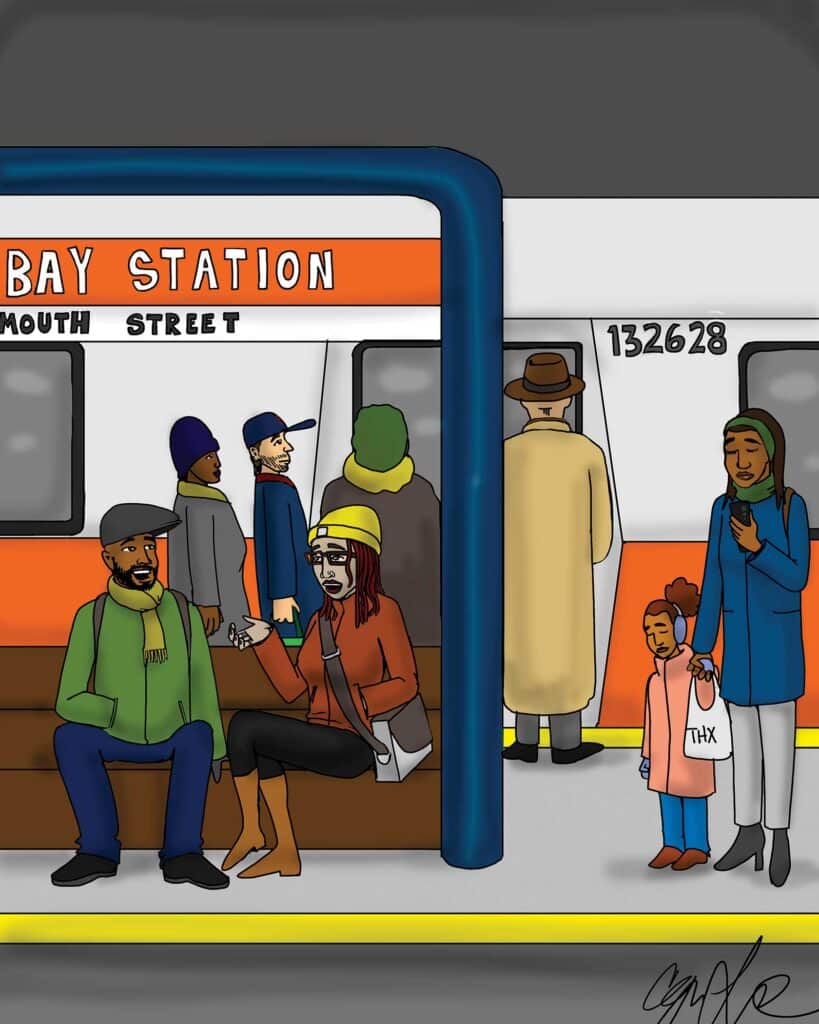
The decision of City Councilor Tania Fernandes Anderson to plead guilty to federal corruption charges and resign at some point has set off a debate over whether the city should hold a special election to fill the District 7 seat representing Roxbury and parts Dorchester, the Fenway and the South End. At least eight candidates have shown interest in replacing Fernandes Anderson, who was first elected in 2021.
As a general rule, it’s best that the offices of elected representatives at any level of government are left unfilled for as short a period as possible when one resigns or dies. But in this instance, the established timeframes for holding a special election, first a preliminary and then a final, followed closely by regular preliminary and general elections, threaten to depress voter turnout and raise doubt about whether whoever might win was broadly representative of the district’s voters.
Cheryl Crawford, longtime executive director of Mass Vote, knows more than a little about voting patterns locally. She predicts the special election route would lower turnout. “It’s just a lot for a district to vote four times in two months,” former Banner managing editor Yawu Miller quotes Crawford as saying in a story published in this week’s issue.
Council President Ruthzee Louijeune says the earliest a special election between two finalists could be held is in August, just weeks before the regular preliminary election on Sept. 9.
The council has approved a home rule petition, sponsored by Louijeune and District 9 Councilor Liz Beardon from Allston-Brighton, to skip the special election in this instance. The proposal still needs the approval of Mayor Michelle Wu and the Massachusetts Legislature, which is not known for acting quickly or affirmatively on home rule petitions from Boston.
Fernandes Anderson’s next date in court is May 5, when she is likely to enter her plea. Federal judges typically wait to sentence a defendant. A special election becomes moot after May 8 because the city won’t schedule one after that date.
The District 7 seat is going to remain vacant for some months. To shorten that period, the home rule petition calls for the winner of the Nov. 9 general election to be seated as soon as the result is certified, usually in 10 days, rather than being sworn in January with the other councilors.
The district’s residents would still be able to contact their councilor’s office and seek help from Fernandes Anderson’s residual staff, who certainly can handle complaints about the provision of basic city services like trash pickup and filing potholes or refer constituents to parts of the municipal bureaucracy that could provide other services they need.
Furthermore, the four at-large councilors — Ruthzee Louijeune, Henry Santana, Julia Mejia and Erin Murphy — have staffers than can and do respond to constituent requests from all over the city.
Having an elected representative able to address more complicated and politically charged issues, such as the contours of a planned development, would be better. But District 7 residents won’t be without a place in City Hall to express their concerns, complaints and ideas.
However long the District 7 seat remains vacant, its residents can do well by themselves and the city by closely scrutinizing the character and ethics of the candidates. Most of the eight have not run for public office previously. There needs to be an assurance that anyone seeking to help write the city’s laws should abide by the law enacted by whichever level of government. That’s a fundamental requirement of a candidate who wants to serve in an office of public trust.
Ronald Mitchell
Editor and Publisher, Bay State Banner







